In the world of chocolate production, every ingredient choice impacts the final product’s taste, texture, and profitability. For factories producing large volumes of chocolate, confectionery, or coatings, cocoa butter substitute (CBS) has emerged as a strategic ingredient. It offers flexibility, cost advantages, and operational consistency—but only if chosen and managed correctly.
If you’re a factory owner, production manager, or procurement officer, understanding CBS sourcing, pricing, and application nuances is essential. In this comprehensive guide, we explore the role of cocoa butter substitutes in chocolate manufacturing, practical procurement strategies, industrial insights, and high-quality brand options such as Latamarko. By the end, you’ll have actionable knowledge to optimize your production lines and make cost-effective, high-performance ingredient decisions.
Understanding Cocoa Butter Substitute for Chocolate
What Is Cocoa Butter Substitute?
Cocoa butter substitute is a vegetable fat designed to replicate the functional properties of natural cocoa butter in chocolate production. Unlike pure cocoa butter, which comes directly from cocoa beans, CBS is typically made from oils like palm kernel, shea, or illipe, processed through fractionation or interesterification to achieve the desired melting point, hardness, and mouthfeel.
Industrial advantages include:
- Cost efficiency: CBS is significantly cheaper than cocoa butter while maintaining similar functional behavior.
- Consistency: Uniform fat composition ensures predictable performance in tempering, molding, and coating processes.
- Customizability: Manufacturers can select CBS with specific melting profiles, hardness, or crystallization behavior to suit their product lines.
In our experience supplying manufacturing facilities, the right CBS can streamline production while preserving product quality, even in high-speed chocolate lines.
Factors Affecting CBS Pricing
CBS pricing is influenced by several key factors, which procurement teams should monitor closely.
1. Raw Material Costs
The price of palm kernel oil, shea butter, and other plant-based oils directly affects CBS cost. Global commodity fluctuations—such as supply disruptions in Southeast Asia—can quickly impact industrial ingredient prices.
2. Processing Complexity
High-quality CBS requires precise fractionation and interesterification to mimic cocoa butter properties. Premium brands like Latamarko invest heavily in processing technology, which increases reliability on the production floor but may slightly raise the per-kilogram price.
3. Order Volume and Bulk Purchasing
Large-scale production benefits from bulk purchases. Minimum order quantities, negotiated contracts, and long-term partnerships with suppliers such as MT Royal can reduce costs per kilogram while ensuring consistent delivery schedules.
4. Brand Reputation and Quality Tier
Not all CBS is created equal. European and Spanish-origin brands like Latamarko are renowned for consistent melting points, superior shelf life, and long-term operational reliability. These premium options may cost more upfront but often deliver operational savings through reduced rejects and downtime.
Benefits of Cocoa Butter Substitute in Chocolate Production
CBS offers more than just cost savings—it delivers operational and product quality advantages.
1. Consistent Tempering and Molding
CBS melts predictably, which reduces tempering errors, improves mold release, and minimizes chocolate defects such as bloom or fat migration. This is critical for high-volume production lines where even minor inconsistencies can multiply into significant product loss.
2. Extended Shelf Life
Many CBS formulations resist bloom and fat separation better than pure cocoa butter. Chocolate products maintain their visual appeal, texture, and structural integrity over time, which is crucial for both retail and industrial applications.
3. Customizable Hardness and Melting Profile
CBS allows manufacturers to adjust chocolate properties to match end-product requirements—soft for enrobing, medium for bars, and hard for molded chocolates. This flexibility is especially valuable for multi-layered confectionery or compound chocolate production.
4. Operational Cost Efficiency
While premium CBS may have a higher unit price, the consistency it provides can reduce downtime, waste, and product defects. In practice, factories often find that investing in high-quality CBS leads to net savings.
Common Misconceptions About CBS
Even experienced factory managers sometimes misunderstand CBS. Addressing these misconceptions prevents costly mistakes.
Misconception 1: “CBS is always inferior to cocoa butter.”
- Modern CBS, particularly from reputable suppliers such as Cargill or Latamarko, can match or even exceed cocoa butter in functional performance, stability, and shelf life.
Misconception 2: “All CBS is interchangeable.”
- Different grades—soft, medium, hard—have distinct melting points and tempering characteristics. Using the wrong type can disrupt production and compromise product quality.
Misconception 3: “Lower price always means better savings.”
- Cheap CBS may reduce raw material cost but can increase rejects, machine downtime, and operational inefficiencies. Premium CBS can save money in the long run through consistency and reliability.
Step-by-Step Guide to CBS Procurement
Step 1: Assess Production Needs
- Identify required melting point and hardness for your chocolate products.
- Determine batch size and line speed.
- Decide if CBS will be blended with cocoa butter or used alone.
Step 2: Evaluate Quality Tiers
| Tier | Features | Best Use Cases |
|---|---|---|
| Economy | Moderate consistency | Bulk chocolate, non-critical applications |
| Standard | Reliable performance | Industrial confectionery |
| Premium (Latamarko/Cargill) | High consistency, long shelf life | High-end chocolate and coatings |
Step 3: Check Supplier Reliability
- Evaluate lead times, minimum order quantities, and supply chain robustness.
- MT Royal provides multiple trusted CBS brands, ensuring timely delivery and batch-to-batch consistency.
Step 4: Compare Price vs. Value
- Consider cost-per-kilogram alongside operational savings.
- Factor in reduced rejects, improved shelf life, and smoother production cycles.
- Conduct small trial batches before committing to large orders.
Practical Insights from the Production Floor
From our experience working with factories across various industries:
- Temperature Control Is Critical: CBS performance is highly sensitive to storage and ambient temperatures. Minor deviations can impact tempering and product texture.
- Gradual Integration Works Best: Introducing CBS slowly into formulations avoids fat segregation and ensures uniformity.
- Cross-Brand Switching Requires Testing: Never swap CBS brands mid-production without trial batches. Differences in crystallization or hardness can disrupt consistency.
For instance, one facility initially opted for low-cost CBS and experienced a 12% reject rate due to tempering inconsistencies. Switching to Cargill CBS stabilized production and improved yield, demonstrating the value of premium-quality substitutes.
Comparing CBS Brands
| Feature | Economy CBS | Standard CBS | Premium CBS (Latamarko/Cargill) |
|---|---|---|---|
| Melting Consistency | Moderate | High | Very High |
| Shelf Stability | Medium | High | Excellent |
| Unit Cost | Low | Moderate | Higher |
| Industrial Reliability | Variable | Consistent | Extremely Consistent |
| Ideal Applications | Bulk chocolate | Confectionery | Premium chocolate & coatings |
This comparison underscores that operational efficiency, not just raw material cost, should guide CBS selection.
Industry Trends Influencing CBS
Several market and technological trends affect CBS sourcing and performance:
- Palm Oil Market Volatility: Palm kernel oil, a primary raw material, is influenced by global supply-demand shifts, impacting CBS prices.
- Sustainability Pressure: Increasing demand for RSPO-certified and sustainable CBS affects availability and pricing.
- Technological Advancements: Enhanced fractionation and interesterification improve consistency and reduce production waste, justifying a modest cost increase for high-quality CBS.
Keeping track of these trends allows procurement teams to plan bulk orders and maintain production efficiency.
Frequently Asked Questions
Q1: Is CBS cheaper than cocoa butter?
- Yes. It is generally 20–50% less expensive while providing similar functional properties.
Q2: Can CBS be blended with cocoa butter?
- Absolutely. Many manufacturers blend CBS and cocoa butter to optimize cost and performance.
Q3: How do I select the right CBS grade?
- Evaluate melting profile, hardness, production requirements, and trial batch results.
Q4: How does MT Royal support CBS sourcing?
- We provide multiple trusted CBS brands, including premium European options like Latamarko, with consistent quality and reliable delivery.
Strategic Considerations for Manufacturing Decision-Makers
CBS is more than a cost-saving ingredient—it’s a strategic lever for production efficiency, product quality, and operational reliability. Evaluating cost alongside functional performance, shelf life, and supplier reliability enables informed procurement decisions.
At MT Royal, we’ve witnessed production lines thrive when managers select premium CBS, plan bulk orders, and leverage trusted suppliers. Brands like Latamarko set benchmarks in precision and durability, offering tangible value in high-end chocolate and coatings.
Every factory’s needs are unique. Assess your production goals, evaluate CBS performance, and prioritize consistency alongside price. In industrial operations, smart ingredient choices today pave the way for smoother production, fewer defects, and sustainable growth tomorrow.
latamarko alkalized cocoa powder lm60
cocoa powder for chocolate production-Best price
Food industry raw materials – list of products
Types of Gelatin from Turkish Manufacturer
Alkalized Cocoa Powder Bulk Supplier


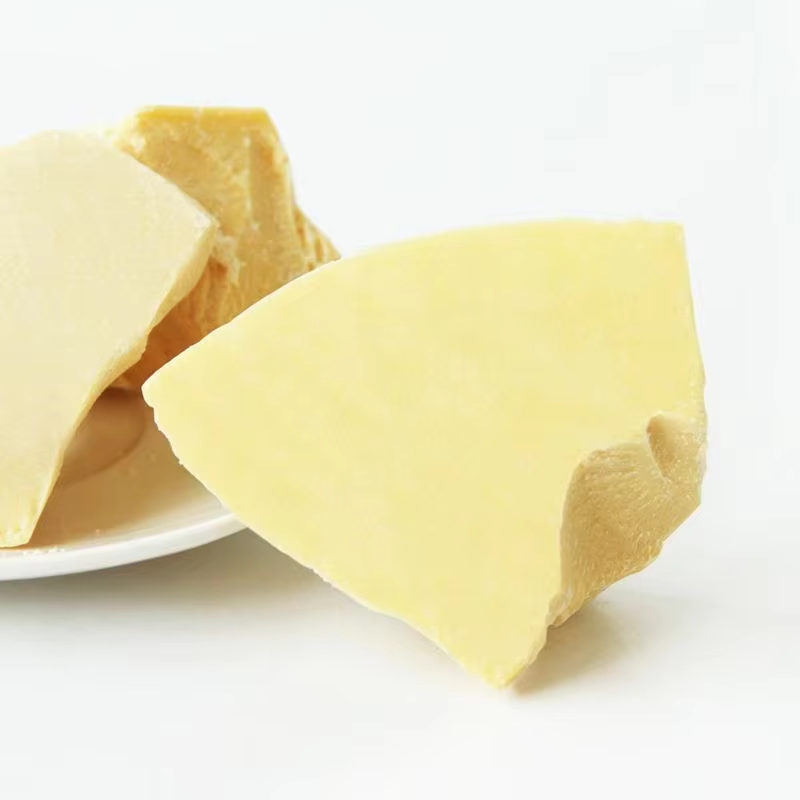

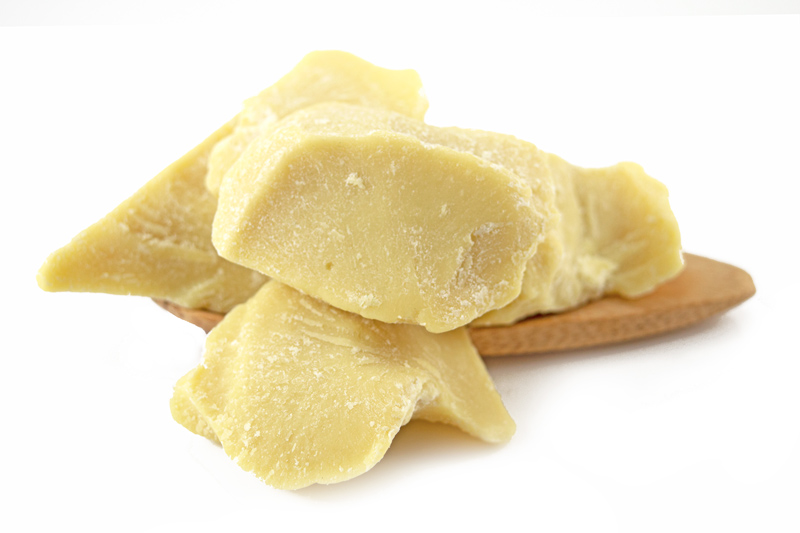
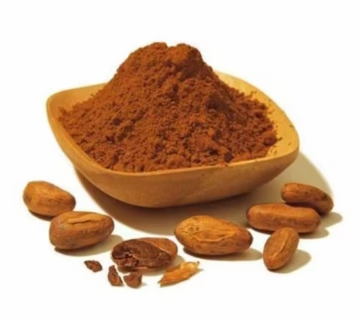
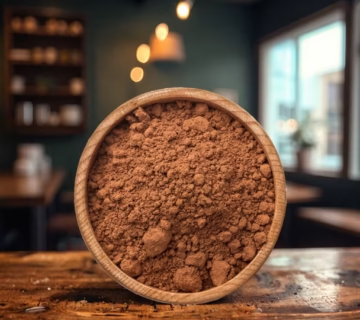
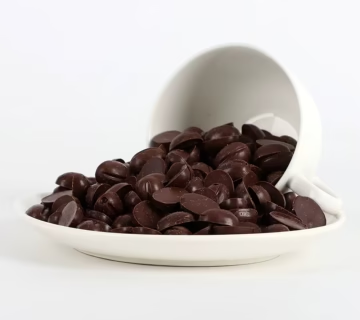
No comment